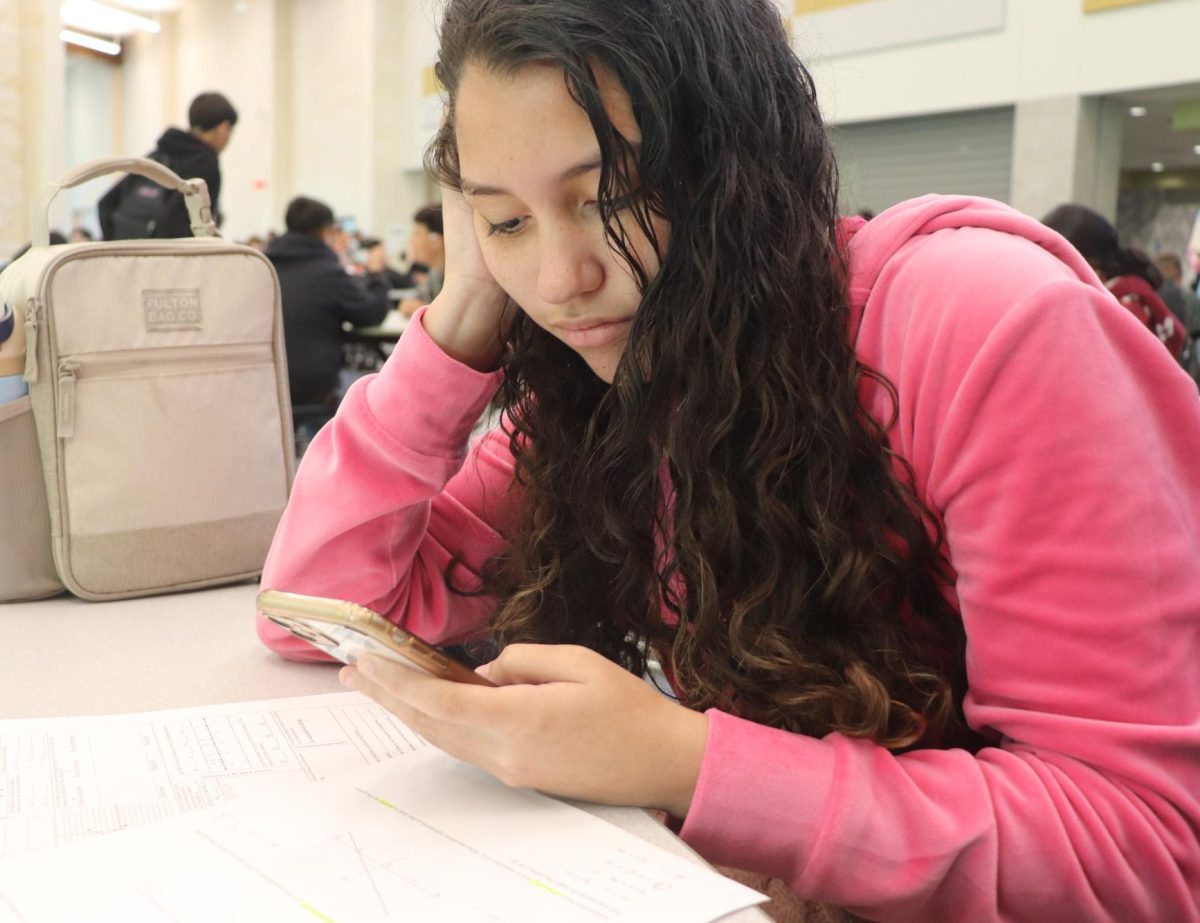The 2025 State of Texas Assessments of Academic Readiness (STAAR) standardized testing season has recently ended on Apr. 30. Students have spoken about the highs and lows of this year’s term, and the sufficiency of STAAR in general.
“The tests were okay,” freshman Jia Macwan said. “I never like taking the STAAR because I get test anxiety. Thankfully, there was nothing different from this year’s testing season to last year’s.”
For one, student’s opinions differed on the level of strain regarding their experience, some subjecting their exam as easy and direct without much additional studying, or proving more challenging and heavy material focused.
“I think this year’s history STAAR test was a lot more difficult than previous STAAR tests because it covered a lot more material,” junior Kiera Bennet said. “I liked that there were many questions that had us read an article and then answer a question about it because it gave me more context for the topic.”
Despite a mix of reactions to this season’s tests, both the English I and II essay were notably proclaimed as straightforward, with clear pin-pointed answers and an intelligible prompt by both sophomore Irma Pena and Macwan.
“I didn’t think the essay was particularly hard, as long as you’re good at analyzing texts and realizing where you can find your main points in a body paragraph, I think you were fine,” Pena said.
However, due to the testing taking place, over the past month schedules have been skewed to accommodate testers, this mainly consisting of stretching out lunches later in the day, shortening class intervals, and rearranging non-testing students to different classrooms in the mornings and early afternoons.
“I believe the disruption of classes really mattered when you had really important strong core classes to work on, and were still assigned assignments you didn’t have as much time to finish in class, so then it turned into homework,” Pena said. “The modified schedule that pushed back student’s lunch time was an inconvenience in my opinion, making kids not focus as much on the test due to hunger.”
Other commentary confirmed the schedule disturbed the natural cycle of classes and troubled workload.
“The temporary change just made it hard to play catch up with some of the classes I didn’t have due to it,” Macwan said.
Primarily, STAAR’s practicality has been debated among students, a long-term discussion on whether the state assessment is a effectful way at dictating a teenager’s potential and intelligence, or a pointless graduation requirement that only layers on stress and powering self-doubt in academic excellence.
“I think STAAR testing is not a good way to test the knowledge of students considering the tests are over everything learned in a class that year,” Bennet said. “Some students have different strengths and weaknesses when it comes to learning. For instance, some students can show their knowledge through more creativity-based projects or assignments rather than taking a long multiple choice test.”


























